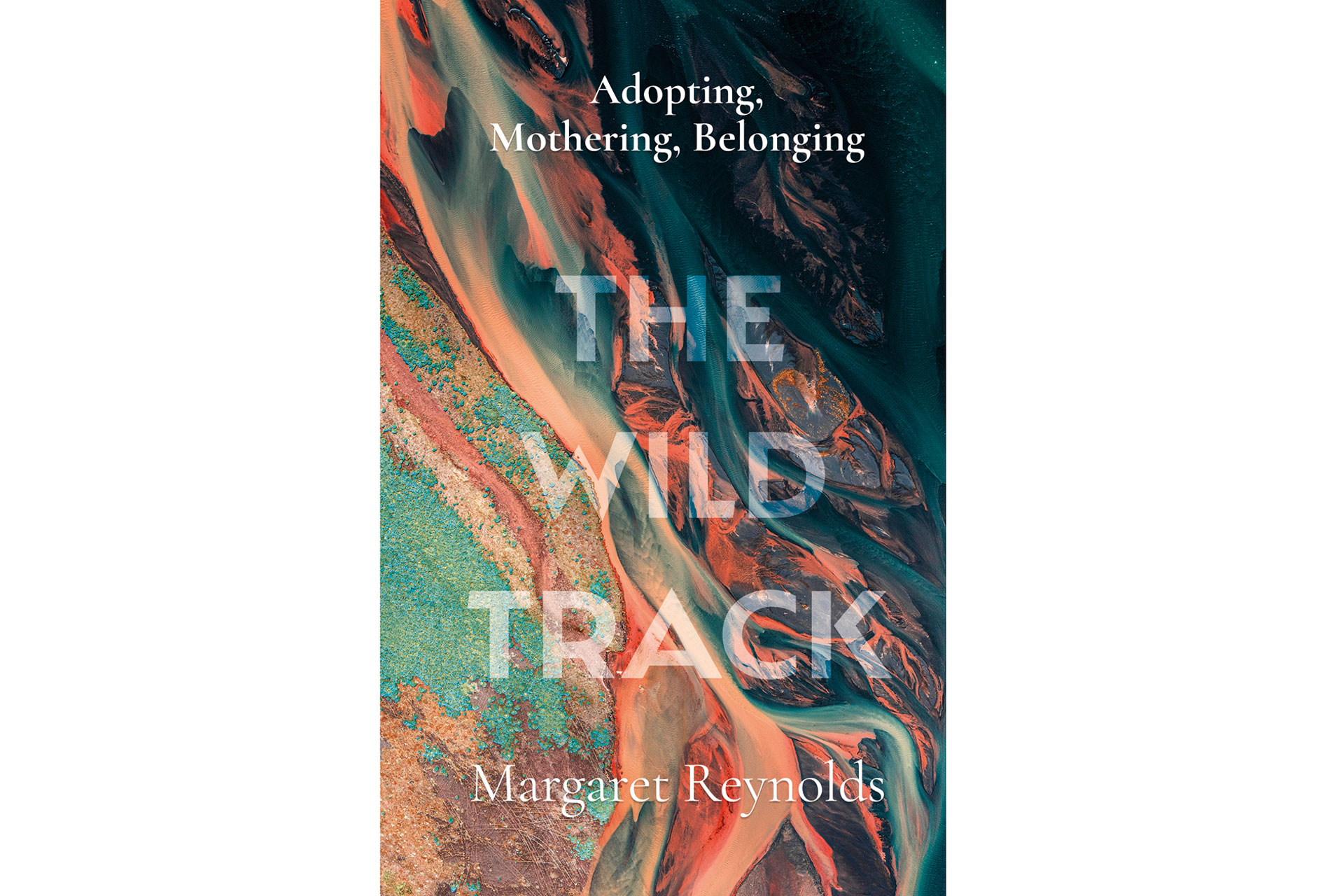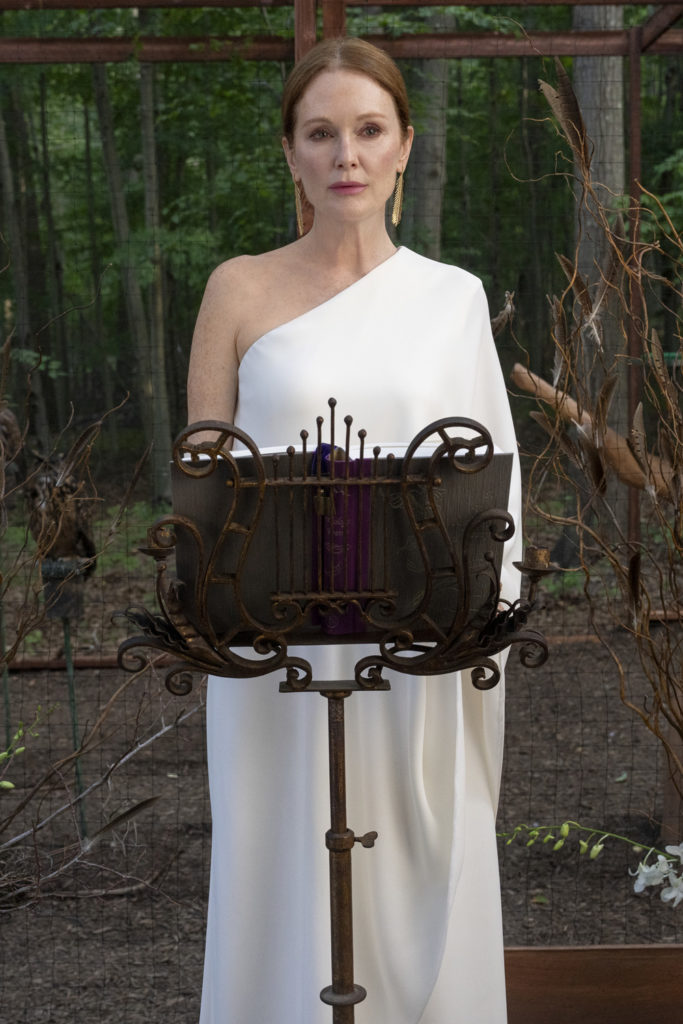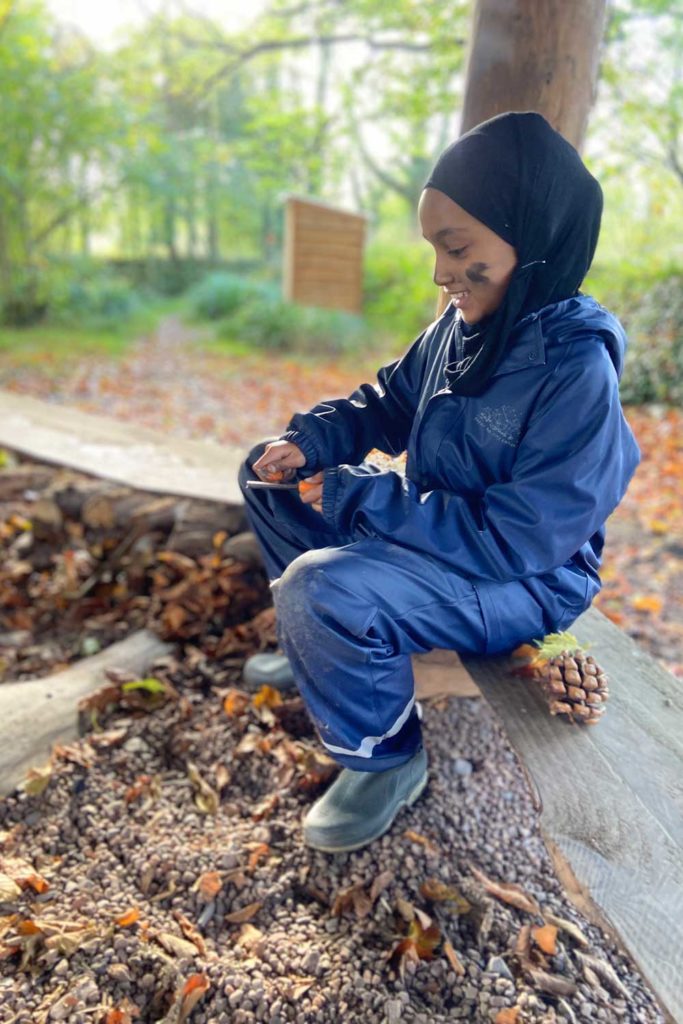Extract From The Wild Track By Margaret Reynolds
By
5 years ago
This beautiful adoption memoir is a moving lockdown read

Looking for a personal, immersive read to get you through the last stretch of the toughest lockdown measures? This is it. Margaret Reynolds is a former BBC broadcaster, academic, writer and critic, and her new book The Wild Track is part memoir, part exploration of what drives a woman to become a mother. It tracks her journey through the adoption process in her mid-forties in a compelling, honest account. Here, Margaret chooses an extract from the book as an introduction.
Extract from The Wild Track: Adopting, Mothering, Belonging by Margaret Reynolds
First Words
Go, said the bird, for the leaves were full of children,
Hidden excitedly, containing laughter.
Go, go, go, said the bird:
T.S. Eliot, ‘Burnt Norton’, Four Quartets
I meet Catherine at her office. She shows me the bus route and the way to the house. These are the paths I will walk every day for three weeks and then never again in my life. Bill opens the door. Moira is sitting on the sofa with the little girl standing beside her. She is wearing a crown made of gold card. I know that this has been made by her for me. Catherine told me so. But now she wears it down over her eyes and peeks out at me, over it, under it, beside it.
As I have said, half an hour is quite long enough. Too much emotion, too much feeling, fear, imagination, hope and speculation all crammed into thirty minutes. Now I have said goodbye and ‘See you tomorrow’, and am walking away along this strange new path that will become familiar. I think about other half-hours ‘close packed with sensation’. I remember Virginia Woolf bidding for her house in a pub. I remember doing it myself. But with a house you can move out, move away, move on. I will never be able to move away from this. This commitment is for life, or until death, which is the same.
As I reach the train station some forty-five minutes later, my phone rings. ‘That went well. She is fine about everything. But she is worried about your lipstick. She says it is too red.’ Catherine has stayed, while I left after the agreed half an hour, and we are now having a de-briefing call. I wonder briefly about Angela Carter and the fear of being eaten. In ‘The Tiger’s Bride’ she describes it thus: ‘He will gobble you up. Nursery fears made flesh and sinew; earliest and most archaic of fears, fear of devourment.’ ‘What can we do?’ says Catherine. ‘Don’t worry,’ I reply, ‘I’ll go and buy a paler one before tomorrow.’
Day two and I went back again. Moira produced a complicated little mosaic puzzle for her. We sat outside in a garden shelter as it was drizzling a bit. She soon became absorbed and concentrated hard. Her little fingers were dextrous, her focus was complete. This was reassuring. Then an outing to an adventure centre. Bill and I had a cup of tea. He read the newspaper. She played, on her own. She played hard, her little face hard, as if she was determined to enjoy it.
The next day we went to the park. We played hide-and-seek. And then she started to sing a song, apparently learned at school: ‘Patching up a quarrel, making friends and then, saying, “I forgive you…”’ For the very first time I thought: I can do this.
The first outing on our own was to Kew Gardens. We were both hungry by the time we alighted at the train station, and I turned into a restaurant for lunch. As I paid, the waitress remarked on my daughter’s good manners. It was the first time anyone had taken it for granted that she is my daughter. I had not expected it. After all, I have been out in the world with other young children – my nephews and nieces, my god-daughters – but this has never happened before. One possibility is that it has, but I forgot because it was irrelevant to me. The other possibility is that this observing stranger saw something different, something in the way that I am behaving as I practise performing mother.
Then we had another outing to the Science Museum. When we passed by the Royal Albert Hall, I decided on the spur of the moment to take a tour. She listened attentively to everything. As we finished, the tour guide put her hand on my arm. ‘Is your daughter home schooled? She reminds me of my daughter.’
Outside, I said, ‘We will come here for a concert in one year’s time.’ And we did. (To a children’s Prom, which included ‘the loudest piece of classical music ever written’ – Jón Leifs’ ‘Hekla’ – and a talk by David Attenborough.) In Kensington Gardens, on the way to the children’s playground, my phone rang. It was Anastasia, about to board a plane for New Zealand. ‘Would you like to speak to your cousin?’ I asked.
It was all strange. I find I remember very little. Most of the time I was numb. There was no space for emotion. It was all timetables, keeping an eye on the time, being on time, keeping to time. And always being on show, having always to get it right, having to find the exact words, never saying too much. Or too little. It was all strange.
And none of it can be shared with anyone else. I am alone in these meetings. After the first few, it is just her and me. Of course, Jessica is there at the end of the phone and she checks in with me regularly to make sure I am coping. Of course I can call my friends. But that is not the same. And in any case, I am so exhausted, so filled up and overloaded with information that I do not have the energy to do that. And anyway, how could they understand? I have friends – one dear friend, in particular, who adopted a child as a baby. She understands a great deal. But there is no one beside me to whom I can say, ‘Did I do that right?’ or ‘What do you think that meant?’ But then, maybe even this is much the same for new birth parents. They too must feel alone in this new, uncharted world.
One day, towards the end of the introductions timetable, I join in with the adoption and fostering team’s annual outing to the zoo. All the looked after children in this area, their carers, and various carers’ family members come along. Yet another weird day in the many weird days. But one thing was cheering. As we queued for a helter-skelter ride I started a rhyming word game.
‘Let’s go with the flow.’ ‘But don’t stub your toe.’ ‘This line is slow.’ ‘We should go for a row.’ ‘Or put on a show.’ ‘Or find a garden to mow.’ The other kids look bored. But she gets it at once and joins in. And she is good at it. In the Ladies, a foster carer puts her head round the door. She has lost one of her charges. ‘Destiny,’ she shouts. ‘Where are you? Destiny, are you in here?’
Good question.
This is an extract from ‘The Wild Track: Adopting, Mothering, Belonging’ by Margaret Reynolds, out now from Doubleday (£16.99)
Featured image by Matt Hoffman
The Culture Radar: What To Watch, Read & Listen To This Week



















